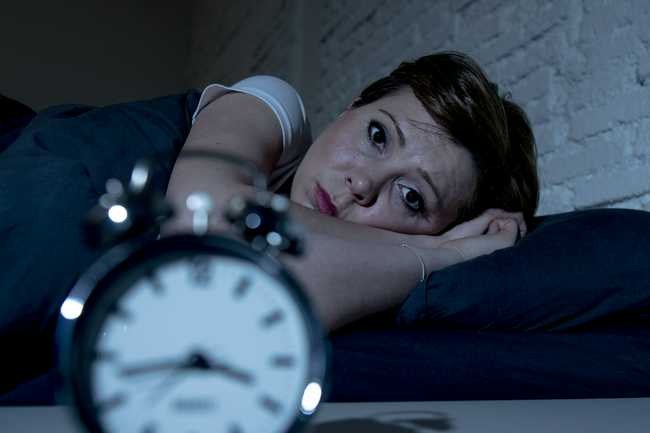
Bags Under Your Eyes – What It Means and How to Fix It
Take a deep breath and imagine that you just rolled out of bed. You meander to the bathroom, look in the mirror and immediately gasp. There are dark bags under your eyes, and you have no idea where they came from!
If this situation sounds familiar, do not panic. According to the Mayo Clinic, dark bags are rarely a reason for medical concern.
In that sense, you don’t have to remove the bags under your eyes for health reasons. However, some people find that there are cosmetic benefits to lightening their bags.
Read on to learn more about what causes bags under your eyes and how to get rid of them.
What Causes Bags Under Your Eyes?
Have you ever heard the expression “beauty sleep”? The phrase may sound cute. However, when it comes to bags, the expression rings true.
In fact, the most common reason that people develop bags under their eyes is a lack of sleep.
On the nights that you get a full seven hours of rest, your body distributes fluids in the tissue under your eyes.
When you don’t sleep well, this process doesn’t occur properly. The result? Your blood vessels will leak and make a dark color beneath your eyes.
How Can I Get Rid of My Bags Under My Eyes?
Unfortunately, there is no miracle cure for bags. However, you can improve your bags by improving your lifestyle.
Drink less caffeine, stay hydrated, and aim to sleep at least seven hours per night.
If you struggle with insomnia, try to practice good “sleep hygiene.” You can achieve this by putting away your smartphone and dimming the lights in your house an hour or two before bedtime.
Remember, your bed should be a comfortable place for you to rest. Don’t be afraid to invest in a great mattress, some soft blankets and high-quality pillows.
Creating the right sleep environment will help you get the rest you need to prevent bags from forming in the first place!
Back Pain and Bags
Improving your lifestyle might seem simple for some people. But, people with back pain know that getting a good night’s rest is not an easy task.
In fact, over 50 percent of back pain patients struggle to sleep through the night. That means that your back pain could literally be interrupting your beauty rest!
Luckily, you can solve this problem by seeking proper treatment. By booking a session with a chiropractor, you can reduce your back pain. As an added bonus, you can eliminate your bags as well.
Book Your Session Today
Are you struggling with eye bags due to a lack of sleep? If so, you should book an appointment with one of our chiropractors.
Proper chiropractic treatment can help you sleep through the night. In the long run, this will help you feel better and get rid of the bags under your eyes for good.
Click here to set up an appointment. Our treatments will help change the way you look and feel.





